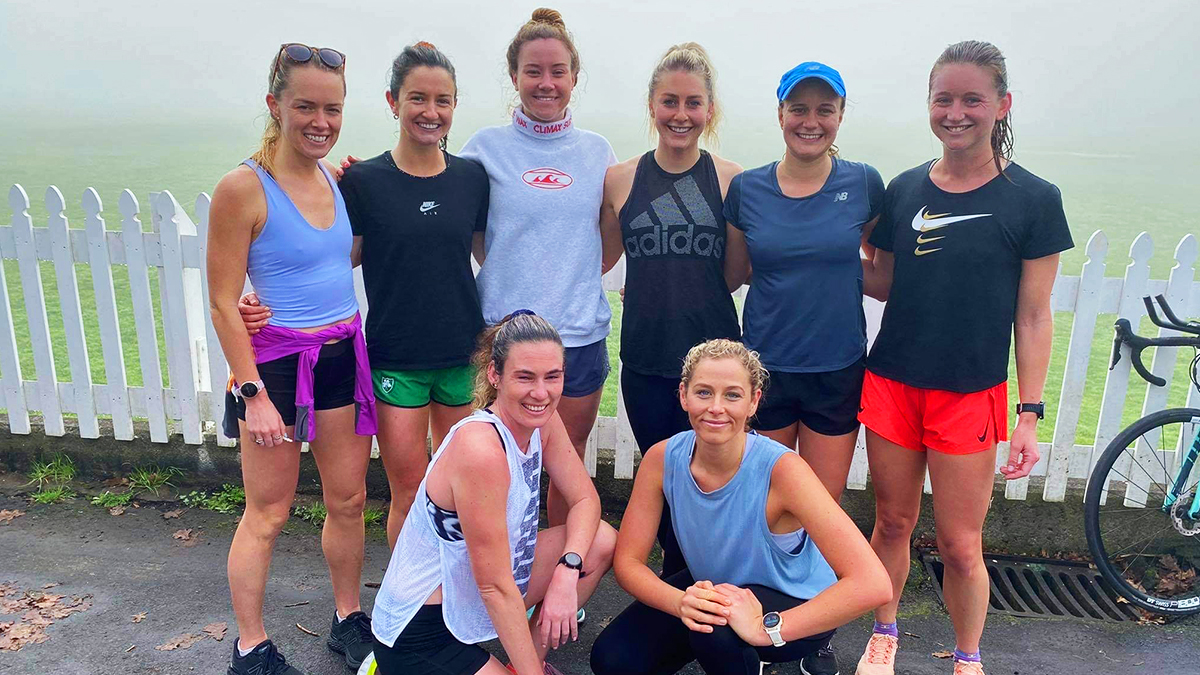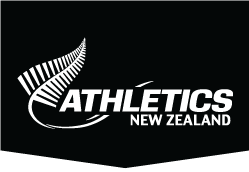News & Updates
Inclusion and diversity the key to growth

(Photo: Bays Babes)
As a follow up to our second Connections Conference webinar, which focused on inclusion and diversity we put the spotlight on a Regional Sports Trust, an Auckland-based female training group and a Paralympic champion to gauge their thoughts.
Sport Whanganui
Aidan O’Connor, Sport and Club Partnership Lead at Sport Whanganui, believes tapping into those key community contacts for any sporting club no matter the code is vital to maximise inclusion and diversity.
Aidan believes that given the demographics of the modern New Zealand population appealing to all these groups is critical for the health and growth of any club.
“We see all sports as providing a service not only for your members but also the wider community,” explains Aidan. “If you only appeal to your existing members you are just appealing to the same people. So, it is important for clubs to be prepared to be flexible and adaptable in their approach to pick up new members.”
Aidan insists in order do this it is vital to find those key connections and reach out to community leaders. He says by making such people feel welcome and part of the decision-making process they are better equipped to use their influence to encourage others to be a part of what you are offering.
“You can set yourself up as much as you want but if you can’t effectively spread the message about what you are doing, then this is where clubs will fall down,” he explains. “It is about making those connections and building those connections.”
To further support inclusion, Aidan would encourage all sporting clubs to have a strategic plan and an annual plan targeting aspirational outcomes. Part of this would be having measurables around increasing your visibility within the community and what the club plan to do to make those connections.
“You might want to look to having a designated inclusion/diversity officer on board or someone who connects in with other sports to see what they are doing with the Regional Sports Trust or Council,” he explains. “But there is no one-size-fits-all solution.”
Anna Grimaldi
The two-time Paralympic long jump T47 champion says the fantastic support she has received throughout her career has allowed her to flourish on the international stage – but more can still be done to help further embed athletes with a disability in the sport in New Zealand.
Anna says she is extremely fortunate to have joined Taieri AC as a teenager and was immediately thrust into a high performance athletics environment alongside the like of current Paralympic javelin champion Holly Robinson and former Paralympic bronze medallists Jess Gillan and Rory McSweeney.
“I feel really privileged and we have come a long way in terms of the profile of Para athletics,” she explains. “There was a lot of interest around my first Paralympics in Rio and even more so in Tokyo. When I first competed at nationals, I’d run with the boys but now because of greater numbers in para sport I race against other women at nationals, which shows incredible growth. We are on a good path. I just hope it keeps building and more people get involved but we can definitely do more.”
To further enhance integration and inclusion of athletes with a disability, Anna says clubs need to create a welcoming atmosphere and one in which the able-bodied are willing to understand more about those with a disability.
If this is environment is nurtured, then the opportunities are limitless.
“Athletics has a sport for everybody – whether that is running, jumping or throwing,” she explains. “It doesn’t matter if you are missing an arm, are in a wheelchair or have cerebral palsy there is an event for you. The disability community has often felt like we don’t belong. But if someone is there to support you, it is super important. It can change lives. I know it changed mine and if it can change other lives too then that would be amazing.”
Bays Babes
In Auckland the ‘Bays Babes’ training group have created a genuine sense of sisterhood which has helped build a thriving and supportive community for 20 (and growing) female athletes.
All members of Bays Athletics, the group formally came into being following a training weekend in Omaha in May.
Over the past six months or so the group – which is coached by Paul Hamblyn – has swelled in size and has provided a healthy, fun and vibrant outlet for the athletes which includes former national 3000m, 5000m and 10km road champion Laura Nagel, the 2021 national cross country silver medallist Anneke Grogan, the 2020 national 5000m bronze medallist Brigid Dennehy and 2018 national 800m and 1500m silver medallist Esther Keown.
“The group came about organically when we realised there were a few of us all in the same city at the same time under the same coach but has now developed into something we are really passionate about,” explains Laura.
“We have used Instagram as our public-facing communication tool to promote the squad and what we are doing which has allowed us to continue to grow in size. Running can be a really hard sport to do solo every single day, so to be able to train alongside other like-minded people makes training so much easier and far more enjoyable.”
For Laura personally, the group has played a pivotal role in re-engaging the Napier-raised athlete to the sport. After returning to New Zealand in 2016 following a period on a US scholarship she initially found it challenging to re-start the next chapter of her athletics journey. After relocating to Auckland three years ago she sustained a knee injury which sidelined her for two years but she credits Paul and the “Bays Babes” for helping reignite her enjoyment in the sport and career.
“With Bays Babes we try and celebrate everyone’s achievements, big or small, but we also share our own experiences with each other like injuries and all the other little things that pop up along the way. As distance runners we all tend to pick up injuries from time to time and it can take a toll on your experience, so what’s great about this group is one injury doesn’t feel like the end of the world, we’re all there to support and offer advice or even cross-train together. At the end of the day, we all want the best for one another and will do what we can to have a positive impact on the next person.”
The group also try not to take themselves too seriously and always emphasise fun – which is at the very core of the Bays Babes why.
“Fun is the reason why many of us started running in the first place, it was the connection with others and the social aspect of the sport that made us want to continue,” adds Laura. “There’s not much point in keeping up the hard work if you’re not enjoying the process so making sure everyone enjoys coming to training and being part of the squad is pretty crucial for us. Don’t get me wrong, Paul makes us work hard too, but there’s always at least one other to join in to make it a little easier.”
Showing great growth, Laura says it would be great if the training group could evolve into one that employs Paul as a full-time paid coach – yet whatever happens in the future she is confident the group will continue to thrive and play a vital role for female athletes.
“We have a vision that this could be a team for athletes returning from the USA to join, or even one for those who plan to stay in New Zealand after high school.”
“We’ve had a few women come along to our recent time trials or long runs and have expressed how awesome they thought it was. Some even thinking they weren’t fast enough to come along in the first place – but you don’t need to be a superstar to run with the group, you just need to enjoy it.”
